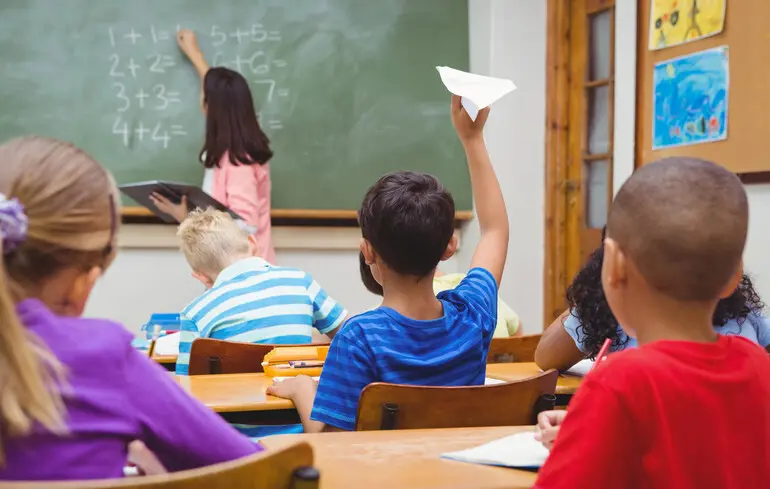Vaccination Policies and Attendance Regulations in Offline Education Amid Epidemic Conditions: Insights from Ihor Kuzin

Amid the potential escalation of the epidemic situation within the country, educational institutions are granted the authority to enforce additional requirements concerning children’s attendance in traditional classroom settings.
According to Deputy Minister of Health Ihor Kuzin, school administrations have the right to deny offline education to children who have not been vaccinated against infectious diseases if the regional epidemiological situation is deemed risky.
The primary document confirming a child’s health status is form 086, required during school enrollment, which includes information about their vaccination status.The question then arises regarding children who have not received vaccinations but do not have medical contraindications for immunization.
In such cases, school leaders may permit these children to attend classes if the epidemic risk level allows.
However, if the risk remains high, particularly when the percentage of unvaccinated children exceeds 5% within a class or team, such students can be excluded from face-to-face lessons in accordance with legislative regulations.
Alternative educational formats, such as remote learning or home schooling, may be offered until the vaccination status is rectified or the situation stabilizes.Kuzin noted that the vaccination coverage among students is approximately 2-3%, and outbreaks of diseases like poliomyelitis tend to occur when unvaccinated children constitute more than 5% of the group.
A school with a vaccination rate of around 95% is considered conditionally safe, as the risk of an outbreak is minimal.
Nevertheless, an increase in unvaccinated children poses significant dangers not only to those children but also to the entire collective, potentially leading to the wider spread of infectious diseases beyond individual classrooms.

